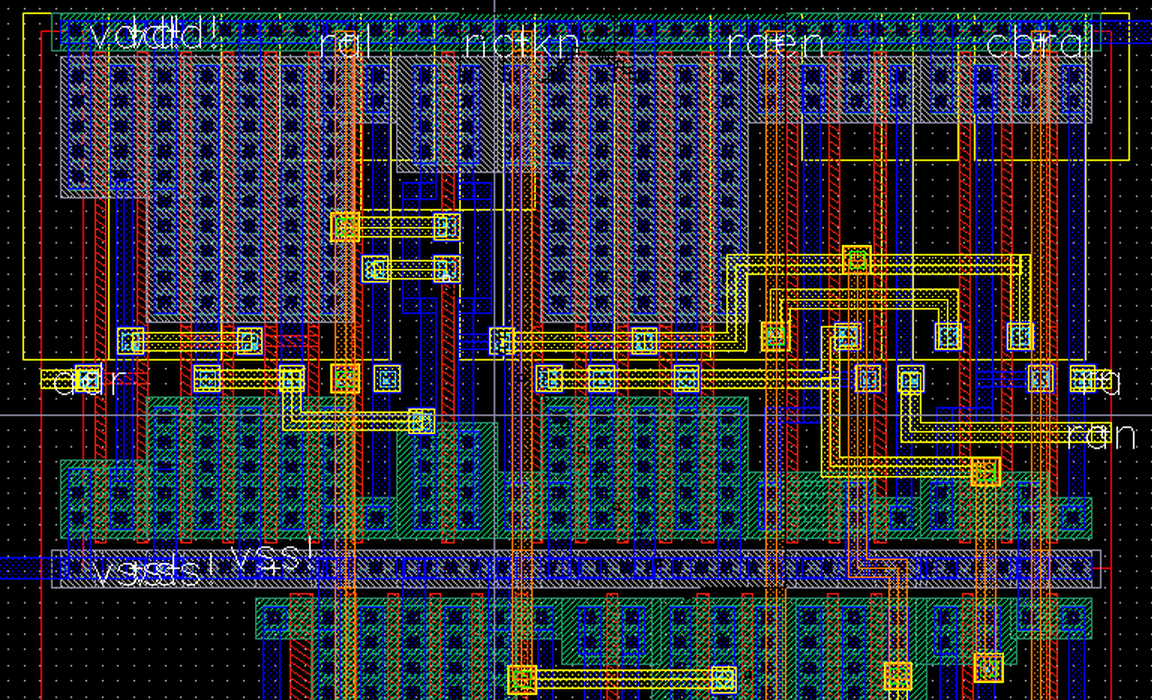We have been observing the boom of the "e-era", where the number of transistors per unit area and the corresponding speeds is increasing.
At the same time, we have to accept that we're gonna experience a maximum limit of speed with the materials we have now..
But hey, don't disappoint yet, we got a good news for you !
Well, the solution is not the discovery of a new material, but is inspired from the 'reliability' concept of our 'large-world' communication networks..
In short, our networks work like this: They don't want a 100% error-free communication; They use a network of switches and routers, our signals takes many different paths, and experience random losses..
Designers allowed for errors to occur; In turn, they set up error-correcting circuits, that can quickly correct them to a level that we cannot notice their effect.. (it's all about 'reliability' my friend..)
Now, the main problem of our chips is "Interconnects"..
The chips, that have those micro-level circuits(yeah, now they're making it nano-level) are a combination of different circuits that have a set of fixed paths in-between, referred to as the interconnects.
At higher frequencies, transmission line effects and other losses cause the logic level to degrade on its way so that logic 1 reached as logic 0 and vice versa..
If you guessed the solution, you're right..!!
Up to now, the design focus is all about ensuring "perfect communication" among the chips..!
Yeah, so we simply ditch that idea..
Similar to our large-scale systems, we will not "fix" the paths; instead we build a whole network of routers, switches and corresponding error-correction circuits; So, now, can we increase frequency of operation ?
This concept is referred to as "Network-on-a-chip"..
(Are you thinking of increase in size due to this set-up? C'mon, with our nano-scaled devices, the net difference we observe in size would be negligible..)
Thanks for reading, feel at home to express your thoughts on this post, don't forget to let us know in case of any mistakes...
If you also got something exciting to share, do express it in comments so that you can help us reach the 'Eternal Thing'..
Source: Digital Integrated Circuits - A Design Perspective (You can download it here)

Comments
Post a Comment